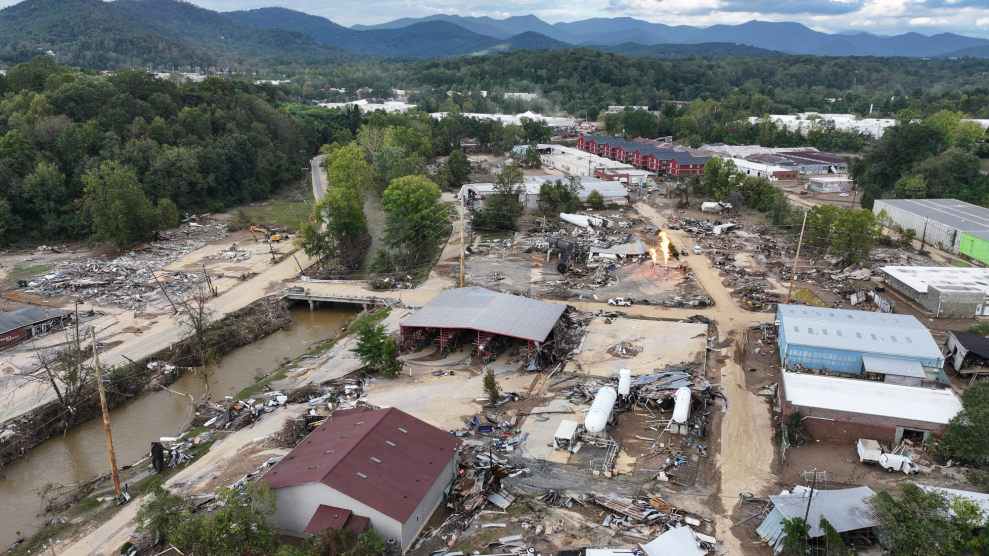Throughout the relentless, almost surreal, buildup to a U.S. attack on Iraq, the Bush administration never did manage to make it clear just what we were about to fight for. First, we heard about Saddam’s possible ties to 9/11 and Al Qaeda, until it became evident that no such links could be found (whatever happened to the Prague connection?). Then, there were the presidential threats of “regime change” in the name of freeing the Iraqi people, much as the administration suddenly became concerned about the women of Afghanistan right after 9/11. Then, there were the weapons of mass destruction, which are somehow different from 3,000-pound bombs and which, as of late January, consisted of some dusty, unarmed warheads stored in a bunker. Then, of course, there were the president’s tortured explanations of why Iraq, where U.N. weapons inspectors were roaming through Saddam’s palaces, was more of a threat than North Korea, which had thrown out the inspectors and acknowledged it was moving ahead with developing nuclear-weapons capability. Through it all, the administration seemed reluctant to state the obvious: It’s the oil, stupid. Unlike the first Bush administration, when Secretary of State James Baker asserted that the rationale for the Gulf War was to keep the oil flowing to the West (“To sum it up in one word, it’s jobs”), this administration decided to stick to antiterrorism and patriotism as its pretexts for war.
But as Robert Dreyfuss convincingly points out in his cover story in this issue (“The Thirty-Year Itch“), the plans for a second Iraq war were simply the logical outcome of a long-term strategy by Washington hawks to achieve U.S. domination of the Persian Gulf region. According to this worldview — put forth early on by Dr. Realpolitik himself, Henry Kissinger, during the oil crisis of the 1970s — the United States needs to control the Gulf region not only to assure its own oil supply, but to deny access, if necessary, to its global rivals and adversaries. (Oil, in other words, not just as fuel, but as an instrument of power.) George W. Bush is hardly the first U.S. president to follow this line — it was the Carter Doctrine, after all, that effectively claimed the Gulf as part of the U.S. sphere of influence. But in its determination to oust Saddam and install a regime it can work with, the administration has recklessly taken this policy into uncharted and dangerous territory.
Also in this issue, Charles Bowden reports on how Australia, which calls itself the Welcoming Country, has locked up thousands of asylum seekers fleeing repression and hopelessness in the Middle East. The refugees have been held in remote prison camps and on distant islands for months — in some cases, years — with little chance of release except eventual deportation; at several outback camps, detainees sewed their lips together in protest. Australia is hardly alone in resorting to draconian measures to turn away people desperate for a more secure and prosperous life; some European countries are now looking at Australia’s “Pacific Solution” as a way to deal with their own influx of immigrants. Unfortunately, it’s a model that the United States — with our own shameful history of dealing with Haitian boat people — should understand all too well. As inequality and tensions around the world keep increasing, the global tide of migration is bound to grow — and so, too, will the temptation for other nations to jettison their compassion and their principles.
















